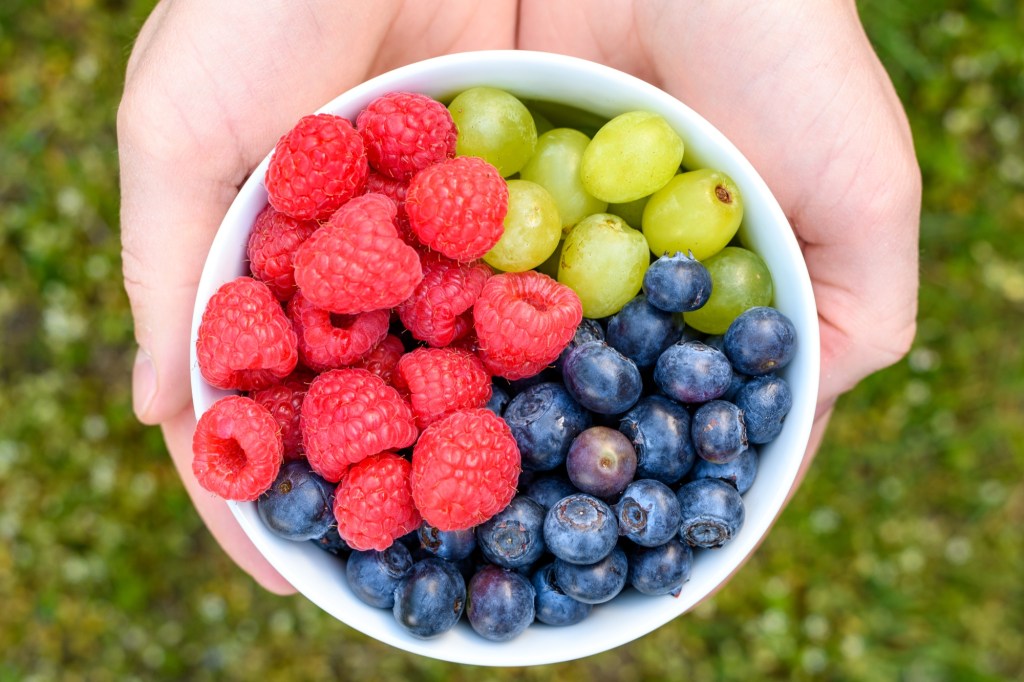There are few places on this mortal coil that simultaneously instill awe and arousal quite like a pristinely pallid creamery. After all, the creamery is arguably the acrid precursor to the immaculate, ivory aesthetic of the Apple store—that testament to hospital-white purity. And, of course, creameries are the motherland for the David Duchovny of edible aphrodisiacs: cheese.
Plus, creameries can also provide the gas to power a town or two.
Videos by VICE
What the fromage? Well, get ready to butter your rinds, turophiles, because yet another reason has recently surfaced for your perpetual zeal for the art of cheesemaking.
Turns out, work in northern England has already begun on a bio-energy plant aimed at converting a cheese-making byproduct into bio-methane.
This is big, folks! Even if you aren’t pregnant and don’t have a secret penchant for rubbing soft cheese on your nipples, this is an advancement worthy of praise. In celebration, I am already—at this very moment—attempting to fill my bathtub to the brim with as much Camembert and Reblochon as I can humanly muster.
Here’s what’s going on. The fine folks at First Milk—which bills itself as the first major dairy in the U.K. owned by British family farms—just yesterday announced a partnership with Clearfleau, an award-winning renewable energy firm based in the UK. Once it is up and running, the new plant will feed biomethane produced from dairy production into the UK gas grid. It will be the very first dairy plant to do so in Europe.
The Lake District diary-cum-power plant is expected to generate 1,000 cubic meters of biogas per day. Some of the gas will be used to fuel the creamery and the rest will be used by local users in the area.
Tom Northway, Director of Lake District Biogas says: “We are delighted this will be the first plant in the dairy sector to supply green gas to the national gas grid.”
The new plant will be a win-win situation for the creamery and the community. Chris Gooderham, director of First Milk says: “By utilizing the very best technology from Clearfleau, First Milk will reduce the cost of handling the creamery’s production residues, while generating renewable energy for use on site. Therefore the new . . . plant is more efficient, produces much lower greenhouse gas emissions, as well as reducing off-site transport of residues and making better use of the whey permeate.”
In short, “The project will generate biogas solely from cheese production residues, using advanced British technology. It is a very positive move by First Milk to future proof their leading creamery operation by generating a significant proportion of their site’s future energy needs.” Nice, right?
So what have we learned?
• Cheese has way more in common with Captain Planet than I had previously thought.
• Cheese—queso—even if it’s made from human secretion a la Mad Max, is truly the sovereign of the culinary world.
• In the future, when robots rule the earth, it won’t be the kind folks at Big Oil that are our corporate overlords, but the ever-industrious Big Cheese.
Keep it cheesy, folks.
More
From VICE
-

Screenshot: Playstack -

Salvatore Allegra/Anadolu/Getty Images -

Edward Berthelot/GC Images -

Pawel Kacperek / Getty Images